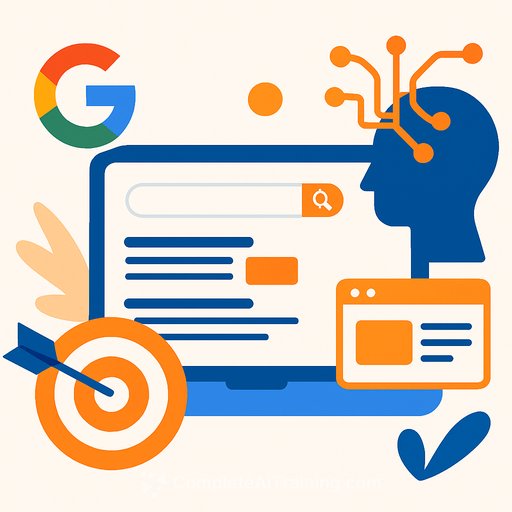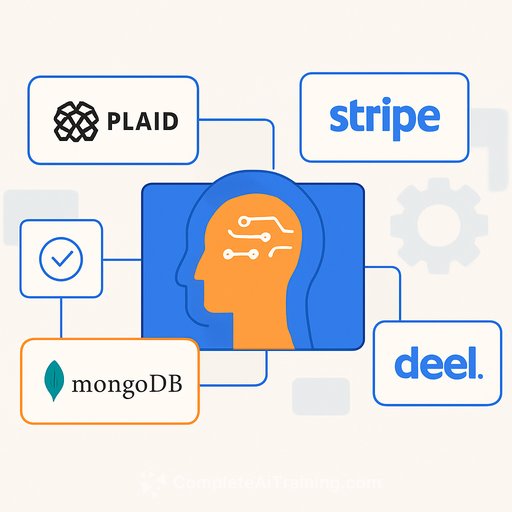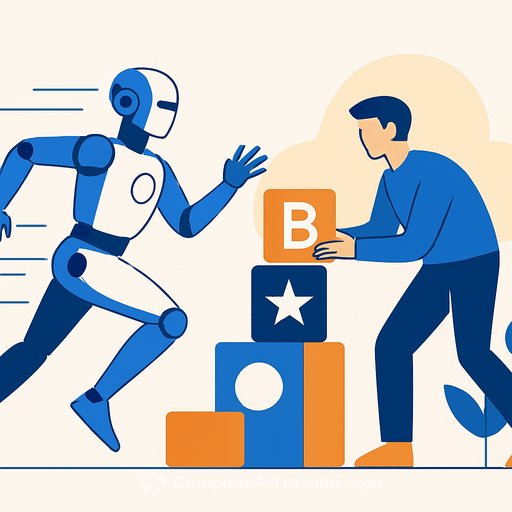Google Tests AI Max Ad Group Setting in Keyword-Less Shift
Google is pushing search advertising further from traditional keyword targeting with a new beta feature called the “Ad Group setting for AI Max.” This update gives advertisers a glimpse of how search campaigns might rely less on manual keywords and more on AI-driven signals at the ad group level.
How It Works
When activated, the Search Term Matching feature automatically expands all keyword targeting to Broad Match. This lets Google’s AI analyze your page content and ad creative to find relevant query matches beyond exact keywords. Advertisers still have control and can disable this, reverting to strict match types without AI expansion.
Why This Matters
This change marks a stronger push toward automation in paid search. With broader reach enabled by default, campaigns could show ads for a wider range of queries. While this can drive more traffic, it also increases the chance of appearing for loosely related searches, making close monitoring and control essential.
The Bigger Picture
The ad group-level controls build on Google’s AI Max beta launched earlier this year. AI Max is a fully automated campaign type that uses AI to optimize bidding, creative, targeting, and placements. The new setting shows Google testing modular features within that framework, potentially giving advertisers more flexibility.
Managing the Tradeoffs
With expanded targeting comes risk. Ads may surface for queries that are only somewhat related, challenging advertisers to find the right balance between discovery and precision. Google offers four control options at the ad group level to help manage this:
- Search Term Matching
- Brand Inclusions
- Location of Interest
- URL Inclusion
What Industry Experts Are Saying
Thomas Eccel, head of Google Ads at JVM Impact, noted that this update is more than just a convenience feature. It’s a nudge toward trusting AI’s judgment and accepting automation as a standard part of search strategy.
Bottom Line
Google’s AI Max beta points to a future where automation leads search targeting, with keywords playing a secondary role, if any. Advertisers should prepare for wider reach but also sharpen their monitoring and control strategies to maintain campaign performance.
Your membership also unlocks:






